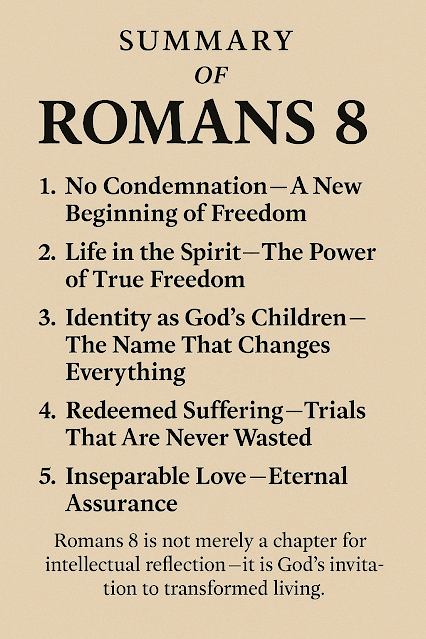Could I Be a Narcissist?
1. Who Is a Narcissist?
A narcissist is someone who exhibits an excessive attachment to and overvaluation of themselves. They tend to prioritize their sense of superiority, desire for recognition, and need for control over the emotions of others. The deeper the relationship, the more confusion and emotional harm they may cause.
2. The Root of Narcissism – The Myth of Narcissus
The word "narcissist" originates from the Greek myth of Narcissus. He was so beautiful that many fell in love with him, yet he accepted no one's affection. As punishment from the gods, he became enamored with his own reflection in a pool of water.
He became so consumed by himself that he ultimately lost who he was.
This myth remains relevant today. Modern narcissists, too, fall in love with their own illusion—not real connection—leading them to destroy relationships and drain themselves in the process.
3. Narcissists Are Not All the Same – Five Key Types
Many assume narcissists are all alike. But in reality, their traits and behaviors vary widely. Here are five representative types identified in psychological and clinical research:
1) Grandiose Narcissist
-
Seen often in leaders or social media influencers who flaunt their success and looks.
-
Brimming with confidence and superiority, they believe they are uniquely special.
-
Extroverted, commanding, and emotionally insensitive.
2) Vulnerable Narcissist
-
Quiet and sensitive on the surface, but filled with a deep need for validation.
-
Appear humble, but react strongly to criticism and easily feel wounded.
-
Often display passive aggression or guilt-inducing behavior.
-
Emotionally exhausting in long-term relationships.
3) Seductive Narcissist
-
Extremely charming at the start of a relationship, but quickly turn cold.
-
Use love, attraction, or attention to lure and control others.
-
Lavish with affection early on, but disappear once they gain dominance.
-
Say things like “You can’t live without me.”
4) Malignant or Covert Revengeful Narcissist
-
A dangerous blend of narcissism, aggression, and antisocial traits.
-
Quiet on the outside, but inwardly seething with jealousy and revenge.
-
Engage in gaslighting, manipulation, smear campaigns, or silent treatment.
-
Often seen in toxic work or personal environments.
5) Savior Narcissist
-
Feels superior while pretending to help others.
-
May be a counselor, religious figure, or leader who asserts moral authority.
-
Uses phrases like “I did this for you” to build emotional debt and control others.
4. Why Are Narcissists Dangerous?
Narcissists don’t just focus on themselves—they often erase others' identities and emotions in the process. In close relationships, they can manipulate, dominate, and emotionally abuse.
In extreme cases, they can lead others into depression, loss of self-worth, guilt, or even trauma.
5. How to Manage Relationships with a Narcissist
-
Don't Get Emotionally HookedTheir words may sound charming, but don't fall for their manipulation.
-
Set Clear BoundariesWhen demands or insults cross the line, say no firmly and assertively.
-
Redefine or End the RelationshipIf emotional harm continues, letting go might be the healthiest choice.
In Closing
May this guide help you create healthier emotional distance in your relationships.
Which type of narcissist have you been?






Comments
Post a Comment